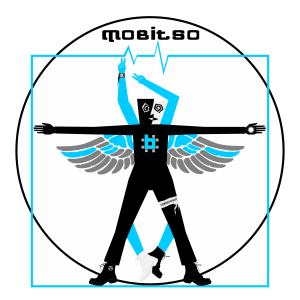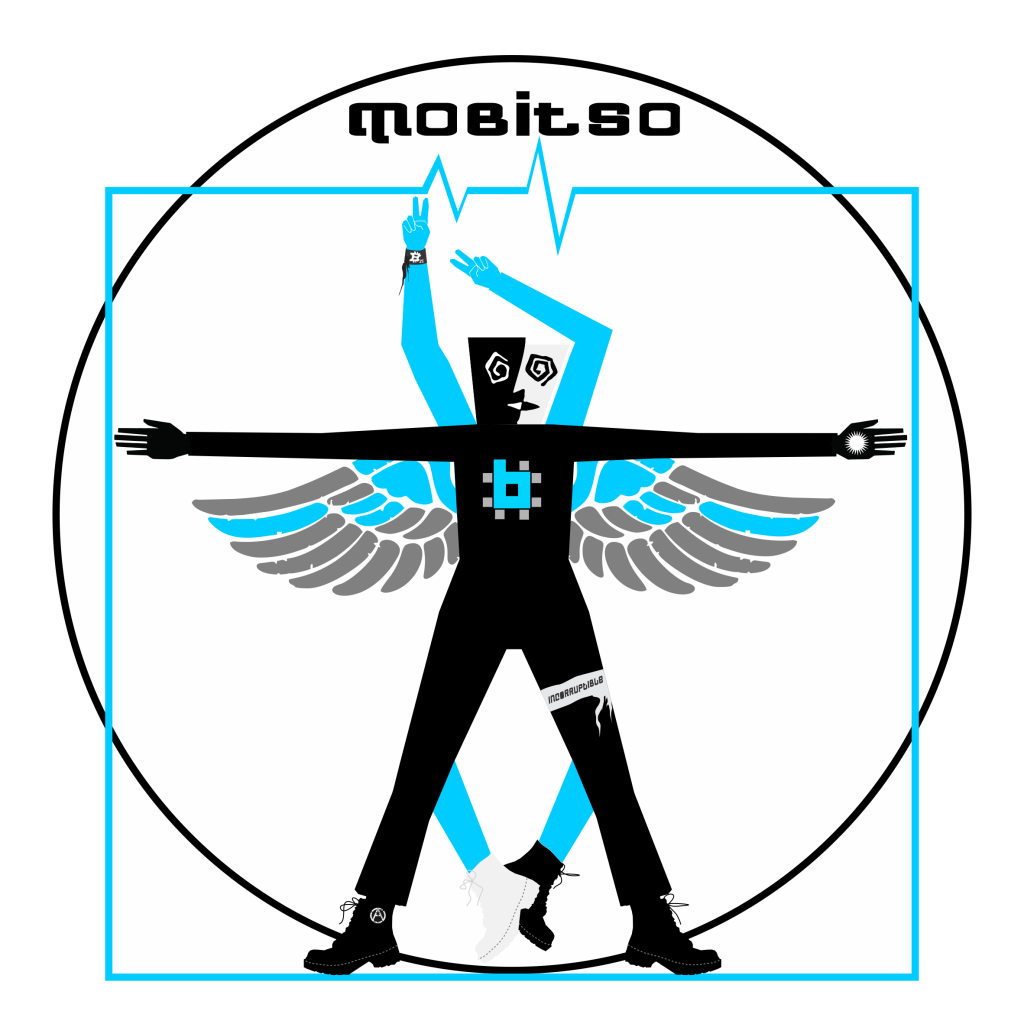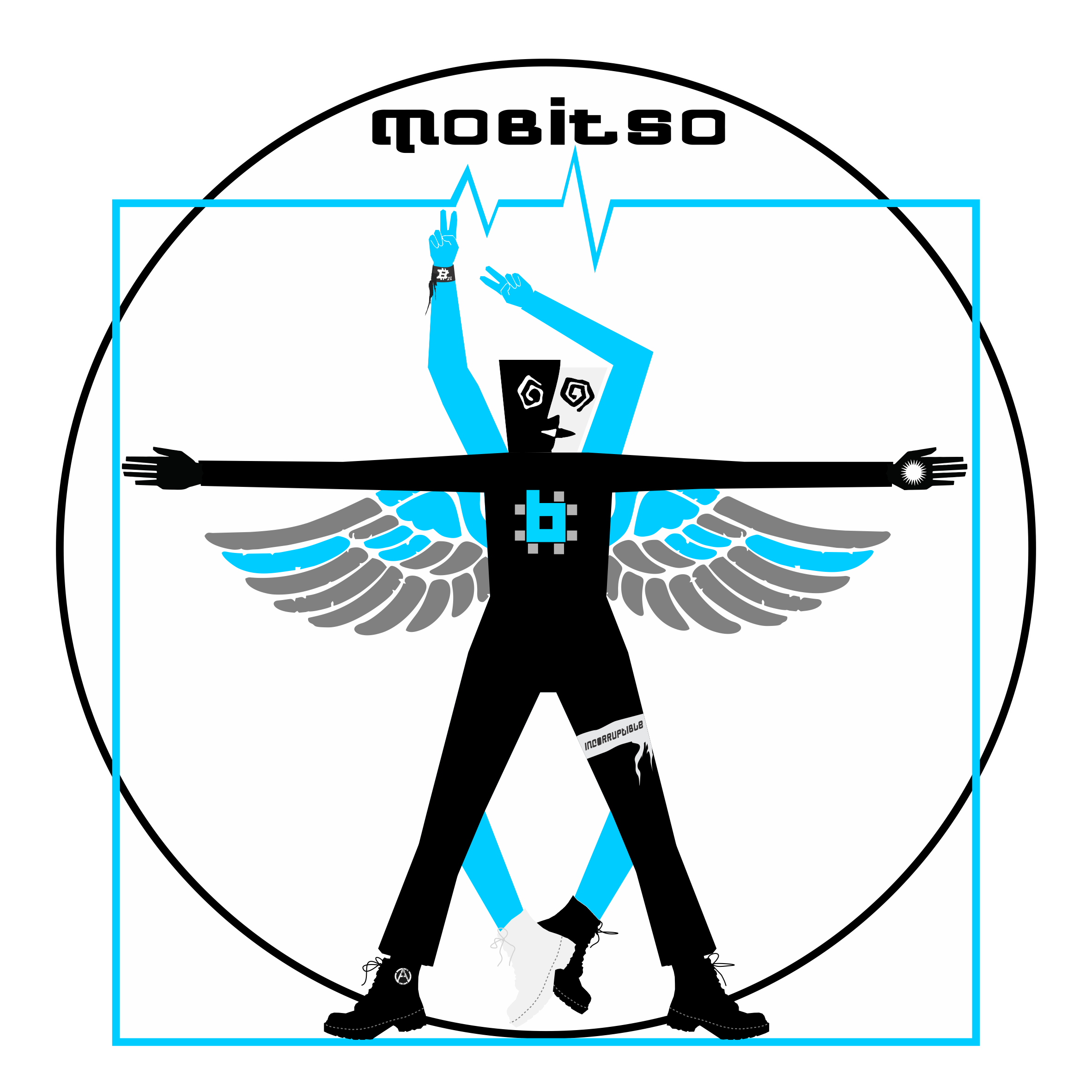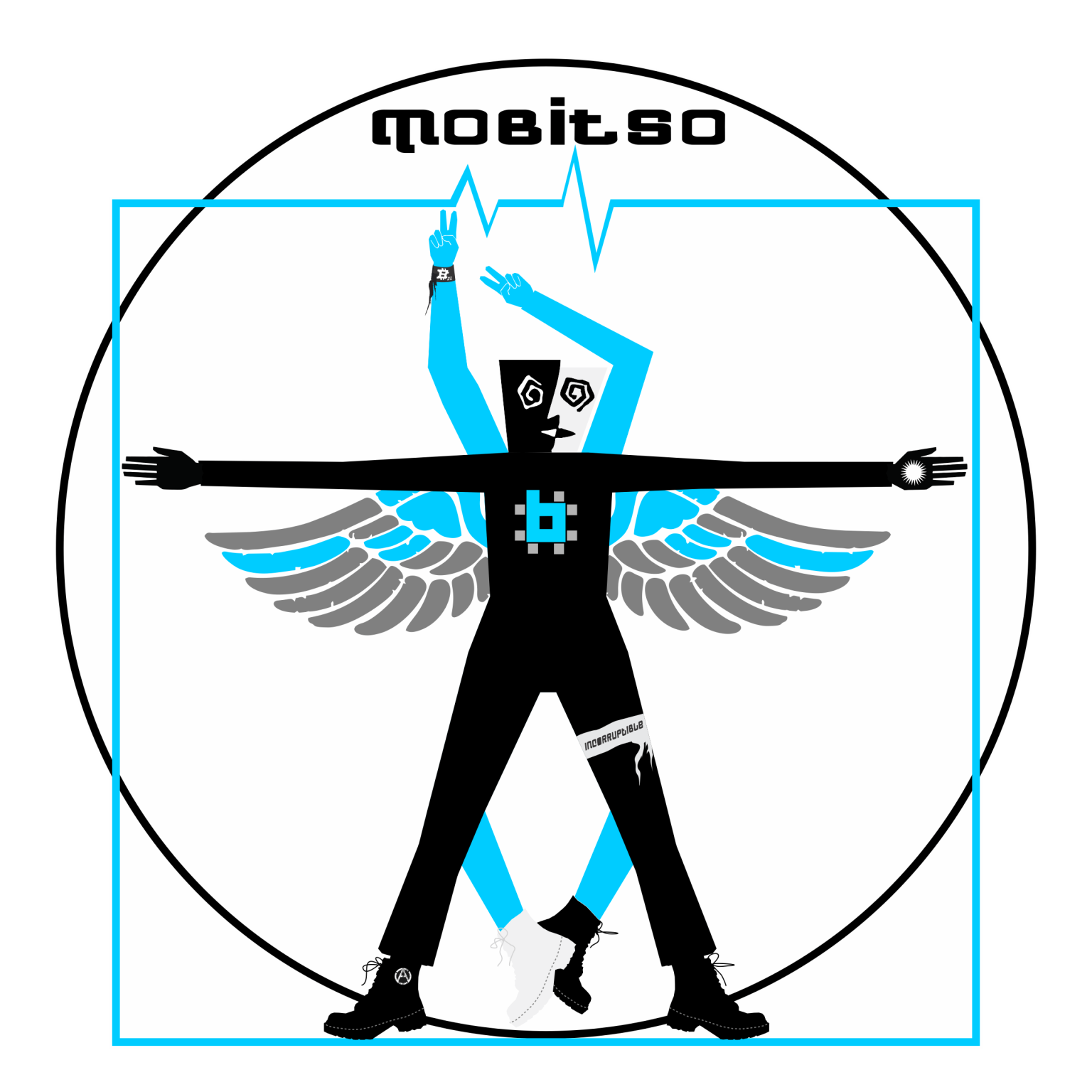- In Crypto We Trust
Insights & Views
In this space, I share more than research—I share reflections. These insights are drawn from years of study, translation, and innovation in the world of blockchain and cryptocurrency. They are not headlines or passing news, but thoughts shaped by experience, dialogue, and a constant search for truth in the digital economy.
The Bitcoin Gene
Bitcoin is not just a digital coin; it represents the first genetic code of a new economic order. Like DNA shapes life, Bitcoin shapes a system where scarcity, trust, and freedom come together in one living protocol.
From CeBIT to Bitcoin
At CeBIT in 2010, I only heard the noise of innovation, unaware that its echo would one day align with Bitcoin. What seemed like a showcase of technology became, in hindsight, the prelude to a revolution in value and trust.
Trust Protocol
Blockchain redefines trust by shifting it away from fragile institutions into the certainty of code and mathematics. It is no longer about trusting people or banks—it is about trusting an incorruptible system built on open consensus.
Freedom and Responsibility
Decentralization offers freedom from centralized control, yet it also asks for responsibility from every user. Each wallet, transaction, and signature becomes an act of independence, proving that freedom and responsibility are inseparable.
Why Nicosia Mattered
The University of Nicosia was the first to teach blockchain and crypto academically. For me, it was not only education, but an encounter with visionaries, a place where the future of money turned into structured knowledge and firmly set the foundation for my lifelong professional journey.
Translating Change
Translating crypto books was never just about language—it was about opening doors. Each translation carried ideas across cultures, turning complex concepts into shared understanding and connecting local minds to global innovation.
Books, One Mission 70
Writing and translating more than 70 works was never about quantity. It was about spreading knowledge so no student or seeker would be left behind. Books became my instrument to make blockchain education accessible everywhere.
Crypto as a Human Story
Every protocol, coin, or NFT reflects a human story—dreams of change, fears of control, and hopes for freedom. Crypto is not only technology; it is humanity expressing itself through mathematics and networks.
CeBIT Echo
The sounds of CeBIT 2010 felt ordinary then, but later I understood they resonated with the rise of Bitcoin. Technology’s hum became the prelude to value’s rebirth, a reminder that history often whispers long before it speaks aloud.
Magazine as a Movement
The first licensed cryptocurrency magazine was more than publication—it was a movement. It united thinkers, researchers, and enthusiasts, giving blockchain a clear and credible voice at a time when institutions remained silent.
The Phoenix of Nakamoto
Satoshi’s whitepaper rose like a phoenix from the ashes of financial collapse. It gave life to a system where value is transparent, finite, and incorruptible—a promise of renewal for a world in search of trust.
Crypto as Resistance
Decentralized finance is more than innovation; it is defiance. It challenges the monopolies of banks, the boundaries of politics, and the cages of legacy systems—proving that code itself can rise as a peaceful form of protest.
CTM ATM Vision
The CTM ATM was designed to bring crypto out of theory and into people’s hands. By making Bitcoin tangible, it bridged imagination with reality, showing that digital value can be part of daily life.
NFT Beyond Art
NFTs are not just digital art—they are proof of human imagination recorded on the blockchain. They preserve ideas, creativity, and culture in a form that can never fade or be erased.
Academia & Practice
My mission was to build a bridge between research and practical use of blockchain. Knowledge without practice is incomplete, and practice without knowledge is blind; the bridge unites both.
Open Economics
Open technologies show that real growth comes from inclusion, not restriction. By allowing participation, blockchain builds an economy where knowledge, data, and opportunity are accessible to all.
Satoshi’s Silence
When Nakamoto disappeared, Bitcoin did not die—it grew stronger. His silence was a lesson that decentralization needs no master; the network itself is the guardian of trust.
Crypto as a Social Tool
Crypto is more than finance; it can serve humanity. From raising funds for medical needs to supporting communities, blockchain shows that technology can carry compassion as well as efficiency.
Everyday Lightning
The Lightning Network makes Bitcoin practical for daily life. It transforms slow transactions into instant ones, bringing crypto out of speculation and into ordinary purchases and interactions.
Magazines vs. Institutions
While academic institutions hesitated, our magazine gave blockchain a voice. It became the first intellectual platform to discuss crypto seriously, proving that ideas cannot be contained by silence.
Blockchain as Memory
Blockchain is more than a ledger—it is a collective memory. It preserves records with honesty and permanence, offering humanity a way to remember without distortion or loss.
Beyond Speculation
Crypto should not be reduced to mere speculation. It is a living test of how humanity values freedom, scarcity, and trust—a mirror reflecting our economic and ethical choices.
Global Conversations
Exchanges with Gavin Wood, Roger Ver, and others were not about fame—they were about weaving crypto into human dialogue. Global conversations are the seeds of global systems.
Bitcoin House Vision
Bitcoin House was built to give physical form to a digital revolution. It created a safe and formal space for cross-border collaboration, showing that crypto communities need real homes too.
Crypto as Culture
Like art or language, crypto is shaping a culture of its own—one without borders, race, or nationality. It is a shared identity written in algorithms and sustained by communities.
From ATM to Ecosystem
Every device we created was more than hardware—it was part of building an ecosystem. Each invention was a brick in the foundation of a decentralized future.
Crypto Governance
Governance in blockchain is not about rulers but about consensus. It shows that people can coordinate without hierarchy, achieving order through participation instead of authority.
From Code to Crypto
My journey began with DOS and found its destiny in Bitcoin. It reflects humanity’s path from isolated machines toward global networks of trust and freedom.
Transparent Economy
The economies of tomorrow will not belong to those who hide information. They will belong to those who share data openly, building trust as the new foundation of value.
The MoBitSo Ethos
MoBitSo is more than a name—it is a belief that Bitcoin belongs to all, an identity free from nationality or race, rooted in the universality of blockchain’s promise and human collective vision.




